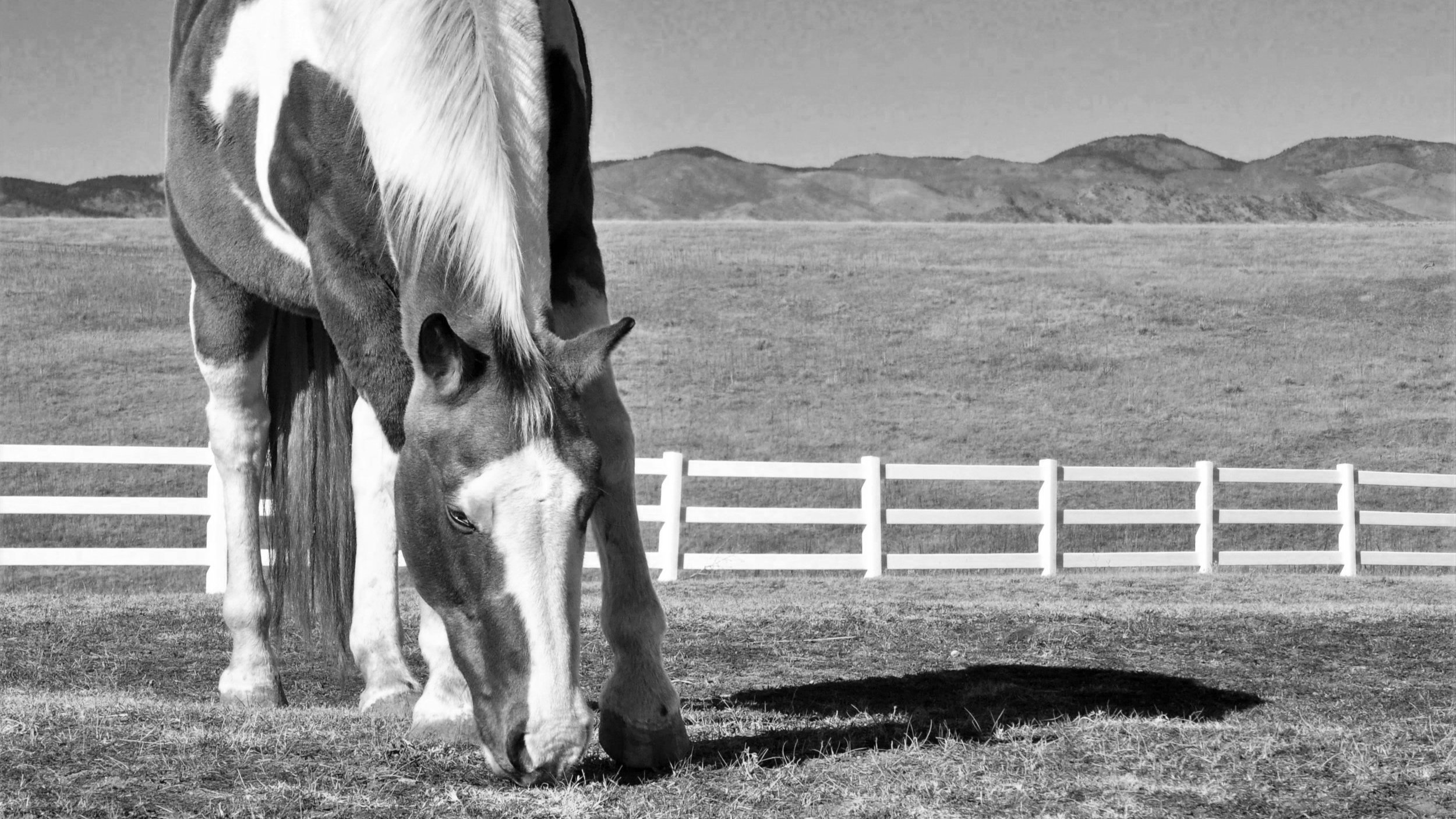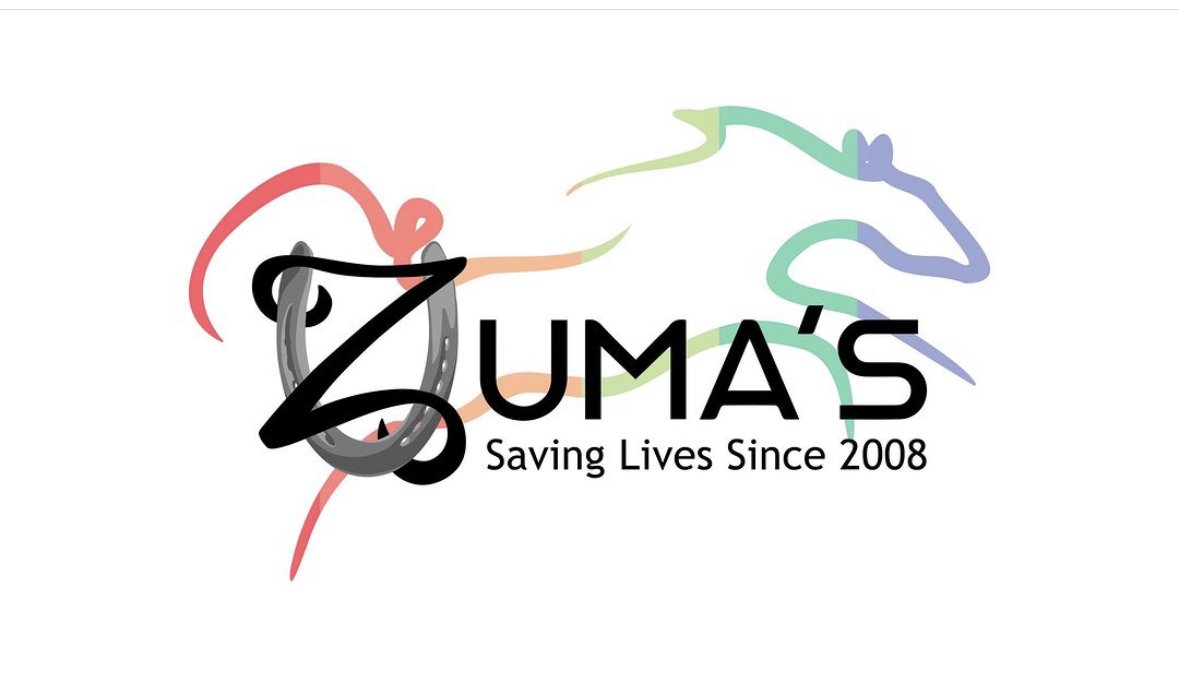
Zuma’s Rescue
Equine Resource Center
What to do if you believe a horse needs to be rescued.
While you may have opinions about horses in danger, the state and local authorities have clear defined statutes surrounding animal welfare.
The things to note and photograph for reporting to authorities that are actionable per state/county code are:
Excessively long hooves, to the point the hoof toe is curling up (anything less than and authorities will not act).
Lack of access to clean, unfrozen water
Severely underweight, scoring a 2 or less using the Henneke Horse Body Condition Scoring System
Dangerous fencing that could allow a horse access to roads/traffic
Note that authorities may be skeptical. Prepare the following details before your call:
The address where the animal is located
Clear pictures of the animal and their environment
As many details as you can collect will result in action for the animal at risk.
Front Range Resources
Why is rescue necessary?
Each year more than 100 thousand horses from the United States are shipped overseas to Mexico, Canada, & Japan to viciously cruel slaughter plants.
Horses that are in the “Slaughter Pipeline'' are often hauled from state to state, livestock auction to livestock auction in long trailer rides packed full of oftentimes sick and injured horses.
The act of moving horses from state to state is both traumatizing and dangerous. The horses are often injured in the trailers, injured in the auction pens, and are most certainly exposed to many diseases.
A rescuers’ role in the “Slaughter Pipeline” is to intercept, network, and pull horses from harm's way. Only then can we rehabilitate those horses, and find or provide lifetime sanctuary.
Join our team of incredible staff and Zumateers as a Volunteer Equine Care Specialist! You’ll gain invaluable experience and get in that precious horse time.



